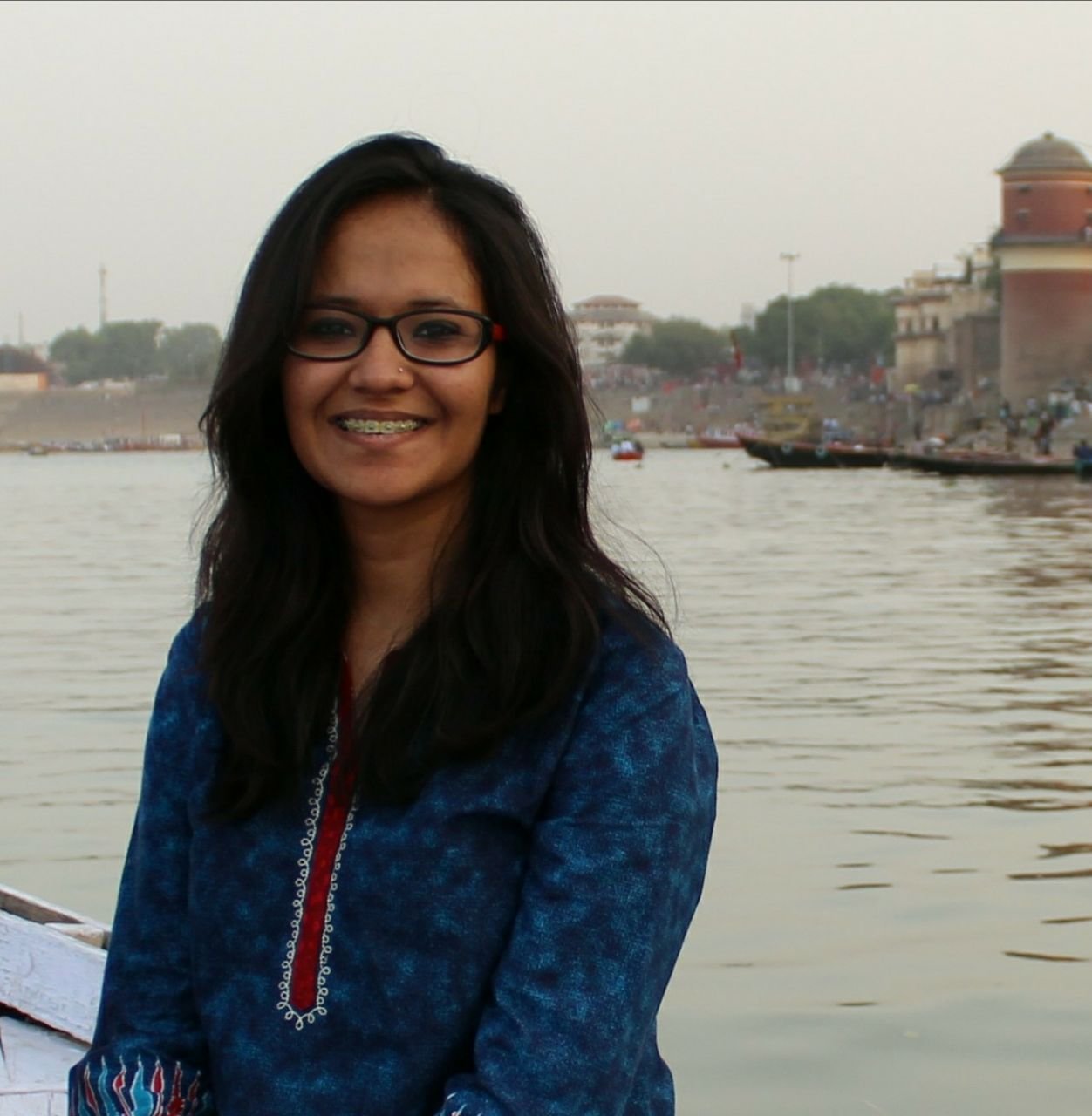30



We got in touch with the students currently in their fourth year to tell us about the subjects that were offered as optional subjects to them in the sixth semester. The subjects that are available to the students in this semester are International Organisation, Law and Media, and Gender Justice. TBP has come up with a post which specifically provides for the individual experiences of students’ who have studied these subjects.
1. INTERNATIONAL ORGANISATION

Nida Negi
“International Organisations may seem to be a boring subject and to some, it may be. But if you have an interest in learning about international organisations like the UN, EU, SAARC, etc., this is the subject for you. You get to learn about history and evolution of these organisations, their importance, criticism faced by them and the need for these organisations. You also learn about the privileges and immunities they possess and their responsibilities. As far as the teacher is concerned, the subject is taught by Chanpreet ma’am. Also, please do not be under the impression that IO is an easy subject. There is a lot to remember and learning about the aims and objects of every organization can be pretty confusing and may be a little difficult to score in. “
–Nida Negi, 4th Year.
2. LAW AND MEDIA

Pallavi Supehia
“A huge chunk of the syllabus for Media Law is very much a thorough revisitation of the part III of the Constitution, leaving aside the Working Journalist Act, Press Council Act, Cable TV Networks Act, Official Secrets Act, Drugs and Magic Remedies Act and the Contempt of Court Act. There is as such no one particular book which one can follow for success, but the necessary reading material is available online. The syllabus is also so structured that answers have to be flowered with a lot many cases. The subject is not seen as a very high scoring one but the fact that the syllabus has been carved out by keeping the Post Graduation Diploma course in Media Laws offered by the Nalsar University makes it a major grab.”
–Pallavi Supehia, 4th Year.
3. GENDER JUSTICE

Alaqshendra Singh
“Understanding gender and how it is linked to various institutions in India is crucial since it’s such a raging topic. Gender Justice appeals to me purely because it is entwined with Current Affairs and specifically Human Rights and Social Justice. We have come a long way from times when we needed the British to correct us( hint – Abolition of Sati, Widow Remarriage, Abolition of Child Marriage, etc.). We made specific laws to tackle specific problems, we abided by the international standard set by CEDAW by becoming a signatory to it. The current scenario of woman has changed, it is integral that we are sensitised towards what happens in public and private aspects of the female-male relationship.
Amrita Rathi ma’am teaches the subject and you have excellent attendance and a teacher who genuinely wants you to learn the complexity of the Modern Woman vs. the World scenario.”
–Alaqshendra Singh, Fourth Year.